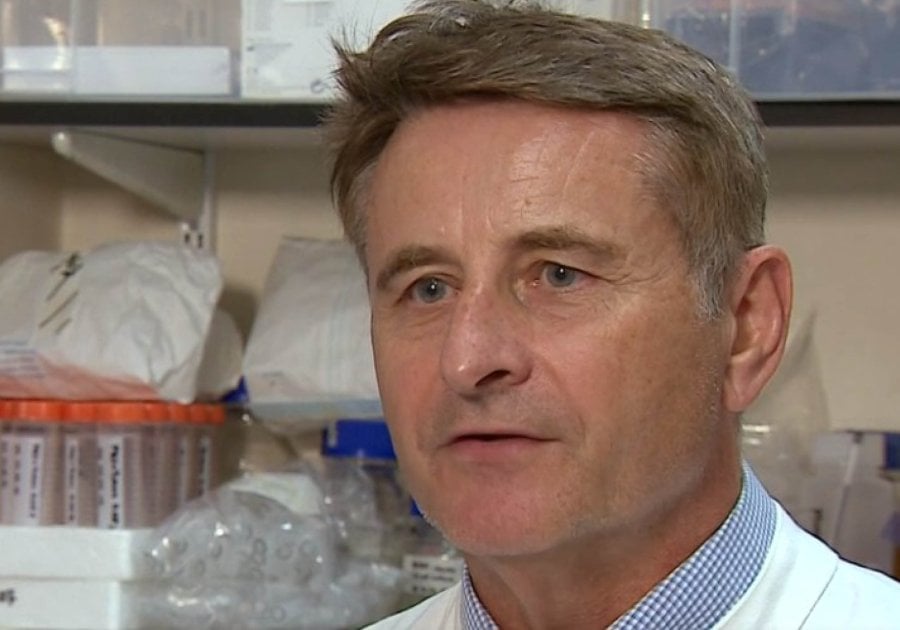
Tell us about your current research
Through undertaking basic research on how the Campylobacter bacteria causes disease, we discovered an enzyme that can stick sugars (glycans) to proteins and express the glycoproducts in E. coli cells. The immediate application of this was the inexpensive production of glycoconjugate vaccines.
We have used this technology platform (Bioconjugation) to produce vaccines against numerous bacterial pathogens (eg Strep pneumo, Group A Strep, Group B Strep, Shigella, Salmonella, Campylobacter, Brucella, Burkholderia, Francisella). We have spun out ArkVax to use the technology to make animal vaccines.
How did you first become interested in vaccines?
I guess through our chance discovery of the Campylobacter coupling enzyme over 20 years ago but have always been aware that prevention is better than cure.
Why did you decide you wanted to become Vaccine Centre Co-Director?
We are currently going through a golden era in vaccine development, not just Bioconjugation established at LSHTM, but also mRNA, viral vectors, Virus-like Particle vaccines (VLPs), Outer-membrane Vesicles (OMVs), post COVID, where some of these technologies were accelerated, there will be more vaccines, that will be more efficacious and lower cost. I think being able to share and work with colleagues through the centre is a great opportunity to further drive these developments.
What do you hope to achieve during your time as Vaccine Centre Co-Director?
Spread the message of exciting opportunities through vaccine development, testing, implementation, and trials globally, and that the LSHTM are well placed to play lead roles.
What do you find particularly interesting working as a member of the Vaccine Centre?
The sheer breadth of vaccine research and teaching by Vaccine Centre members is both exciting and informative. LSHTM truly undertakes the A to Z of vaccinology from investigating new candidates to field trials and evaluation. However, I could make the best vaccine ever, but if nobody takes it, there is no point. At LSHTM we are fortunate to have an influential vaccine confidence group. The Vaccine Centre provides an holistic approach to vaccines that benefits all its members.
Where do you think your research will take you next and how do you expect you work to develop?
New human and animal vaccines will be developed against antimicrobial resistance pathogens that will help to alleviate the AMR crisis. The simpler and less expensive vaccine technologies will change the face of vaccine development and production. In the long this will accelerate vaccine equity with the local production of vaccines. We have had preliminary discussions regarding vaccine production in The Gambia and Senegal.
What are some of the real-life implications of your work?
Vaccines for all.
What do you like doing in your spare time?
Still manage to play football, increasingly play golf and regularly cycle, I am going on a sponsored 500 mile cycle from Medellin to Bogotá at the end of February.
Watching TV, especially history documentaries. Maybe when less busy will take to social media?
How can people get/ stay in touch with you?
Through Vaccine Centre, Brendan.Wren@lshtm.ac.uk or in my office in Keppel Street.
LSHTM's short courses provide opportunities to study specialised topics across a broad range of public and global health fields. From AMR to vaccines, travel medicine to clinical trials, and modelling to malaria, refresh your skills and join one of our short courses today.
